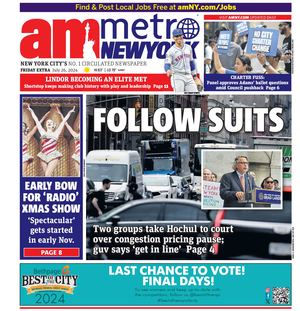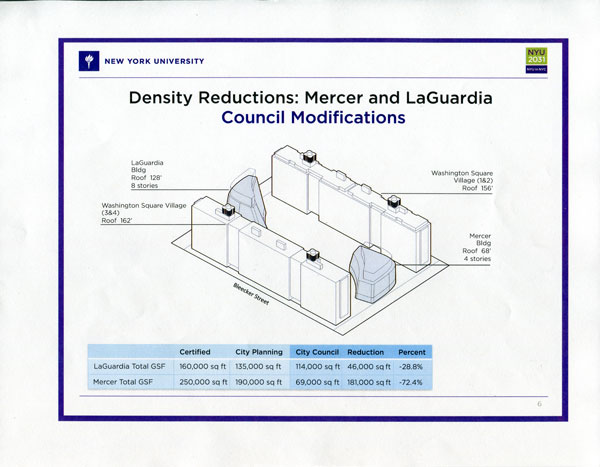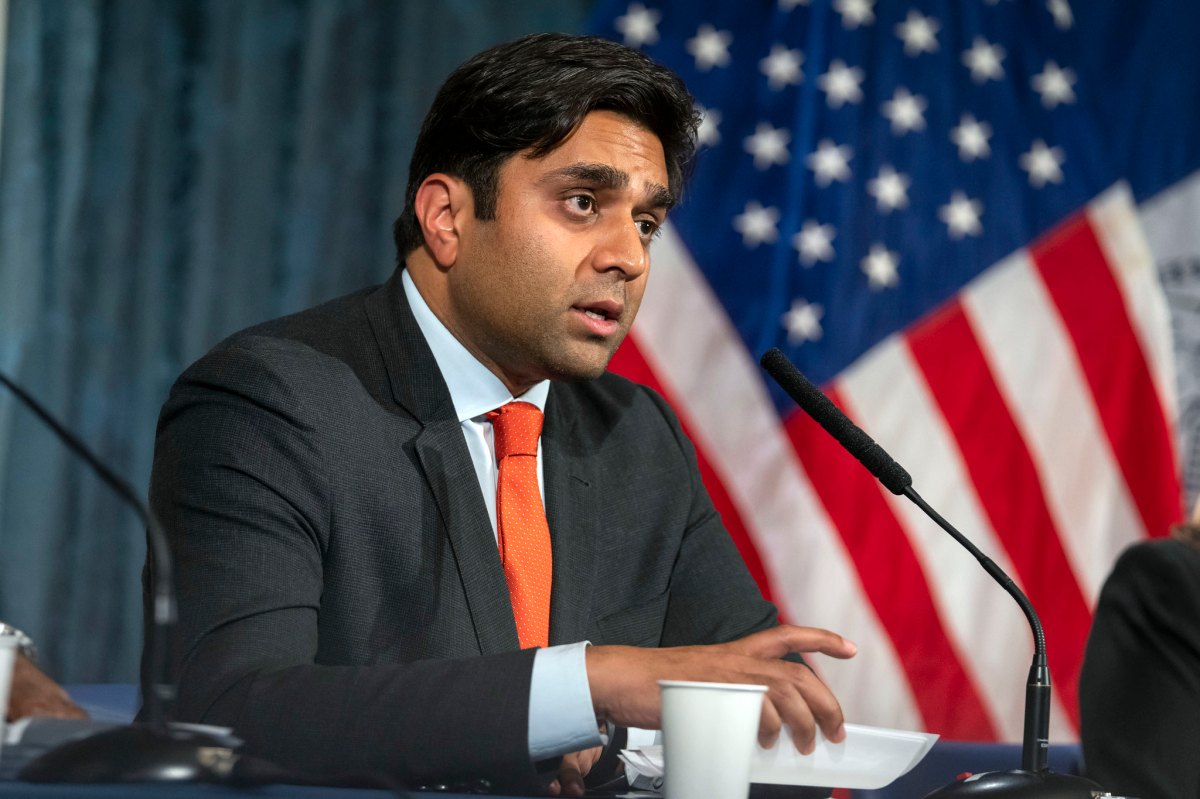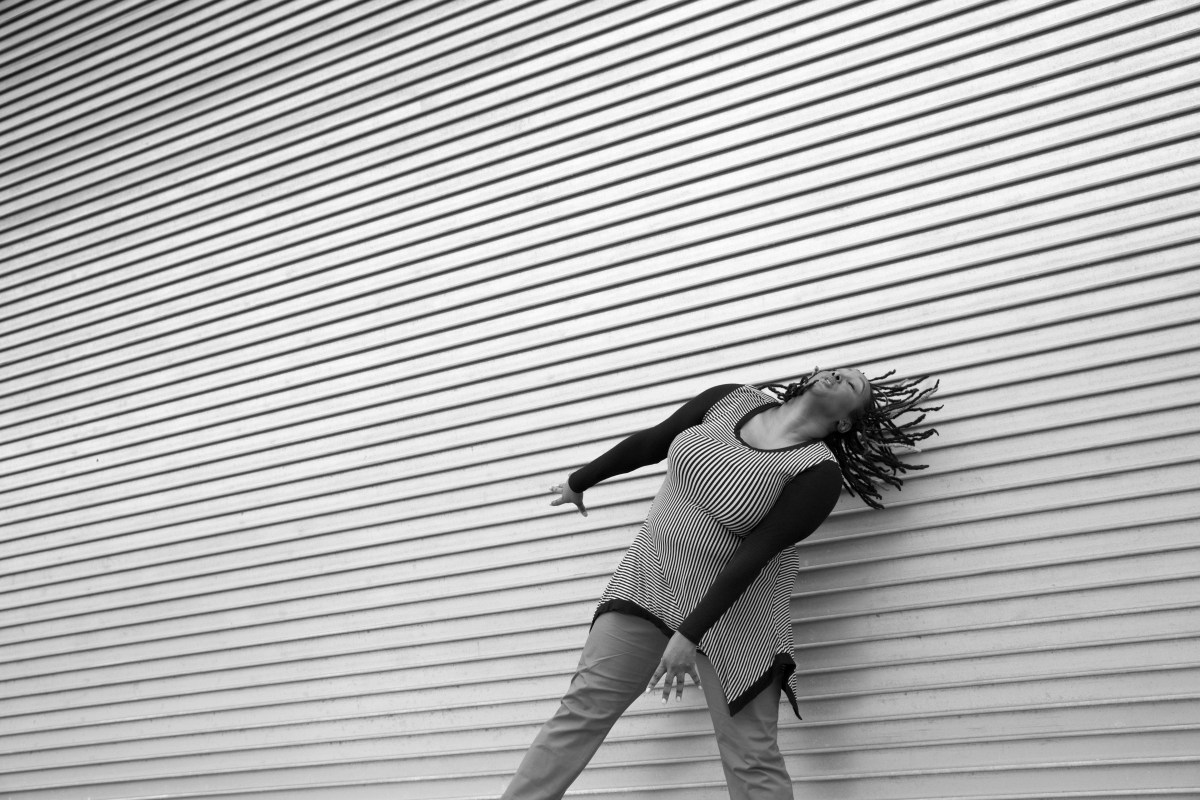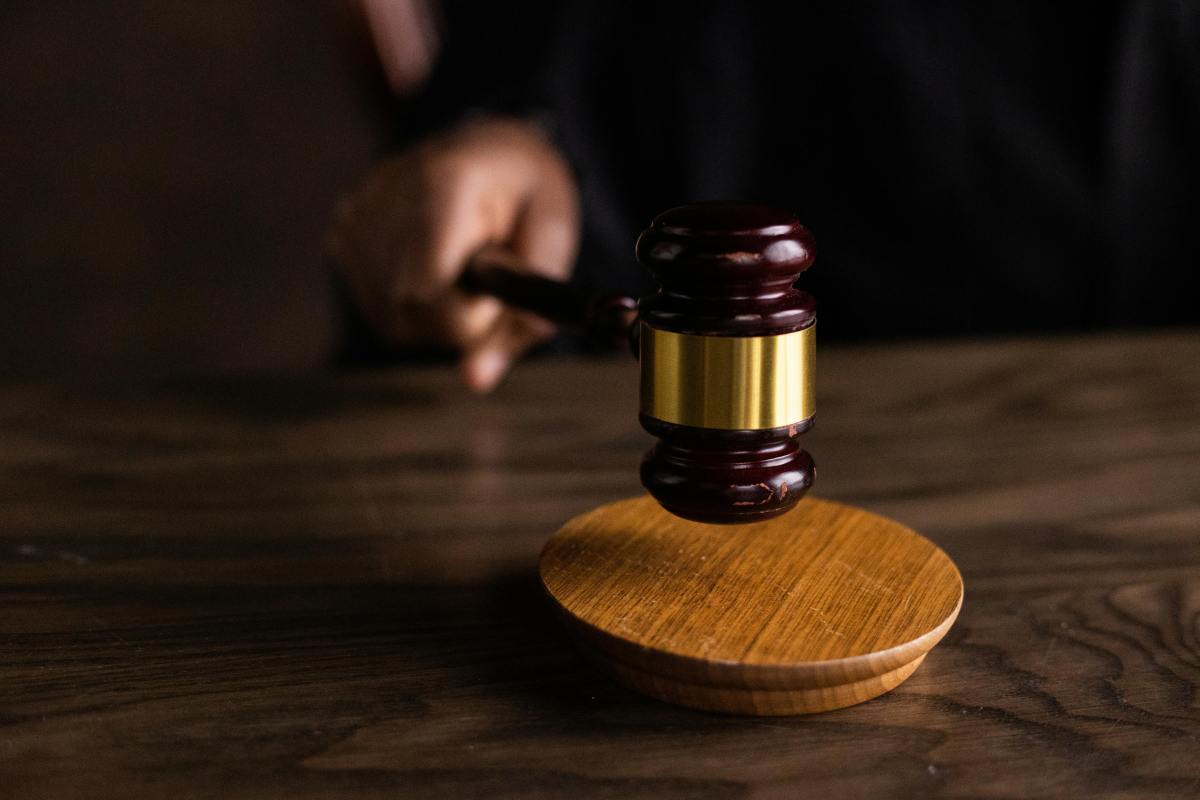BY LINCOLN ANDERSON | A broad coalition of groups — including both local community associations and citywide organizations — filed a lawsuit in State Supreme Court Tuesday to stop N.Y.U.’s massive 2031 development plan.
The suit alleges violations of the public trust doctrine; illegal manipulation of restrictive deeds; destruction of parkland, playgrounds and historic preservation sites; failure to adequately consider environmental impacts; and failure to adhere to an open and transparent process.
The 11 groups include N.Y.U. Faculty Against the Sexton Plan, Greenwich Village Society for Historic Preservation, Historic Districts Council, Washington Square Village Tenants’ Association, East Village Community Coalition, Friends of Petrosino Square, LaGuardia Corner Gardens, Inc., Lower Manhattan Neighbors Organization, Soho Alliance, Bowery Alliance of Neighbors and Noho Neighborhood Association.
In addition, 11 individuals also signed onto the Article 78 lawsuit, which is filed against multiple city and state commissioners and agencies for their approval of New York University’s expansion plan, which the plaintiffs charge is unlawful.
Among those named in the Article 78 filing are City Council Speaker Christine Quinn; Amanda Burden, chairperson of the city’s City Planning Commission; Janette Sadik-Khan, commissioner of the city’s Department of Transportation; the City Council; and the City of New York.
The suit challenges decisions by the city and the state to approve the nearly 2-million-square-foot construction plan on the university’s two South Village superblocks.
Among other things, the petition alleges that the plan illegally alienates parkland, illegally ignores deed restrictions, and will have a significant impact on N.Y.U.’s Village neighbors, including the several thousand who reside at the site and “would be forced to live in a construction zone for the next two decades.”
The lawsuit argues that government decision-makers, including both the City Planning Commission and the City Council, largely deferred to N.Y.U.’s wishes and illegally turned over public land to facilitate N.Y.U.’s project, despite less intrusive alternatives. The suit also claims that government decision-makers conducted a process with a preordained outcome that lacked the transparency required by law under ULURP and effectively denied the public meaningful input.
The suit alleges that government decision-makers refused to consider the adverse impacts on the most affected group — N.Y.U.’s faculty, 40 percent of whom reside at the site — “rendering their ultimate decisions irrational, and arbitrary and capricious, as a matter of law.”
Thirty-seven N.Y.U. departments and three N.Y.U. schools, including the Stern School of Business, have passed resolutions opposing the project.
“The C.P.C. and the City Council bought N.Y.U.’s premise that they needed to expand in its core in the Village community in order to become a so-called world class university,” said Mark Crispin Miller, N.Y.U. professor of media and culture and a member of N.Y.U. FASP. “But the fact is that N.Y.U. uses buildings all over New York City. N.Y.U. was never required by the city to prove that the expansion was really needed in the Village. We, the faculty, know that this bloated expansion isn’t necessary and that’s why so many of us have voted to oppose it. The Sexton Plan has nothing to do with education; it’s a land grab and nothing more, and the city failed to hold N.Y.U. accountable.”
The suit notes that about half of the planned development project would be dedicated to nonacademic purposes, such as a performing arts center, a gym, student housing and retail uses.
“The city and state made a series of erroneous and irrational decisions to overhaul local zoning…and green-light N.Y.U.’s project, despite the unanimous objection of the local community board, the affected communities, historic preservationists and much of N.Y.U.’s own faculty,” said Randy Mastro, a partner in the international law firm Gibson Dunn and Crutcher, who are representing the petitioners pro bono. “Indeed, in bending over backward to accommodate N.Y.U.’s wishes, these government decision-makers have abrogated their legal responsibility to protect communities from the very harms being inflicted here. We hope that the court will agree with us and put a stop to this project.”
The suit asks the court to reverse the city’s approval by enjoining the city from removing parkland or making any other changes asked for under the university plan and by also enjoining N.Y.U. from starting any construction.
The approved plan would destroy the Key Park, a treasured children’s playground, would remove 300 mature trees, and would take over part of a city-owned green strip along Mercer St., according to the suit. Under the law, public parkland cannot be “alienated” without prior approval by the state Legislature.
“In approving the N.Y.U. 2031 plan, the city failed to follow the law, consider public input, and serve the best interests of the people of New York City,” stated Andrew Berman, executive director of G.V.S.H.P. “Dire negative potential environmental and financial impacts of the plan were ignored, as were feasible alternatives which would have been greener and more beneficial long term to the Village, the city as a whole, and even the university.”
Added Bo Riccobono, vice president of the Soho Alliance, “The N.YU. plan will alter the ambiance of Soho in the small streets that are the heart of the cast-iron historic district. Dignified and stylish furniture and clothing stores will give way to the mass-market drugstores and food shops that serve college communities. As the neighborhood becomes homogenized, more of the unique character of the city will suffer.”
A university spokesperson sent a statement in response to the lawsuit:
“N.Y.U.’s proposal to build new academic facilities, student dormitories and faculty housing went through a five-year planning and consultation process. The City Planning Commission and City Council overwhelmingly approved N.Y.U.’s proposal after holding extensive public hearings and engaging in a thorough and rigorous public review process as required by law. We are confident that we will prevail in court against any claims that are made.”
